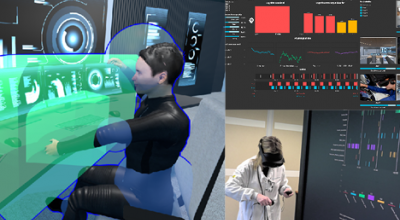07.20.2023
AI-generated vs. Human Artworks. A Perception Bias Towards Artificial Intelligence?
Via generative adversarial networks (GANs), artificial intelligence (AI) has influenced many areas, especially the artistic field, as symbol of a human task. In humancomputer interaction (HCI) studies, perception biases against AI, machines, or computers are generally cited. However, experimental evidence is still lacking. This paper presents a wide-scale experiment in which 565 participants are…
read the publication




